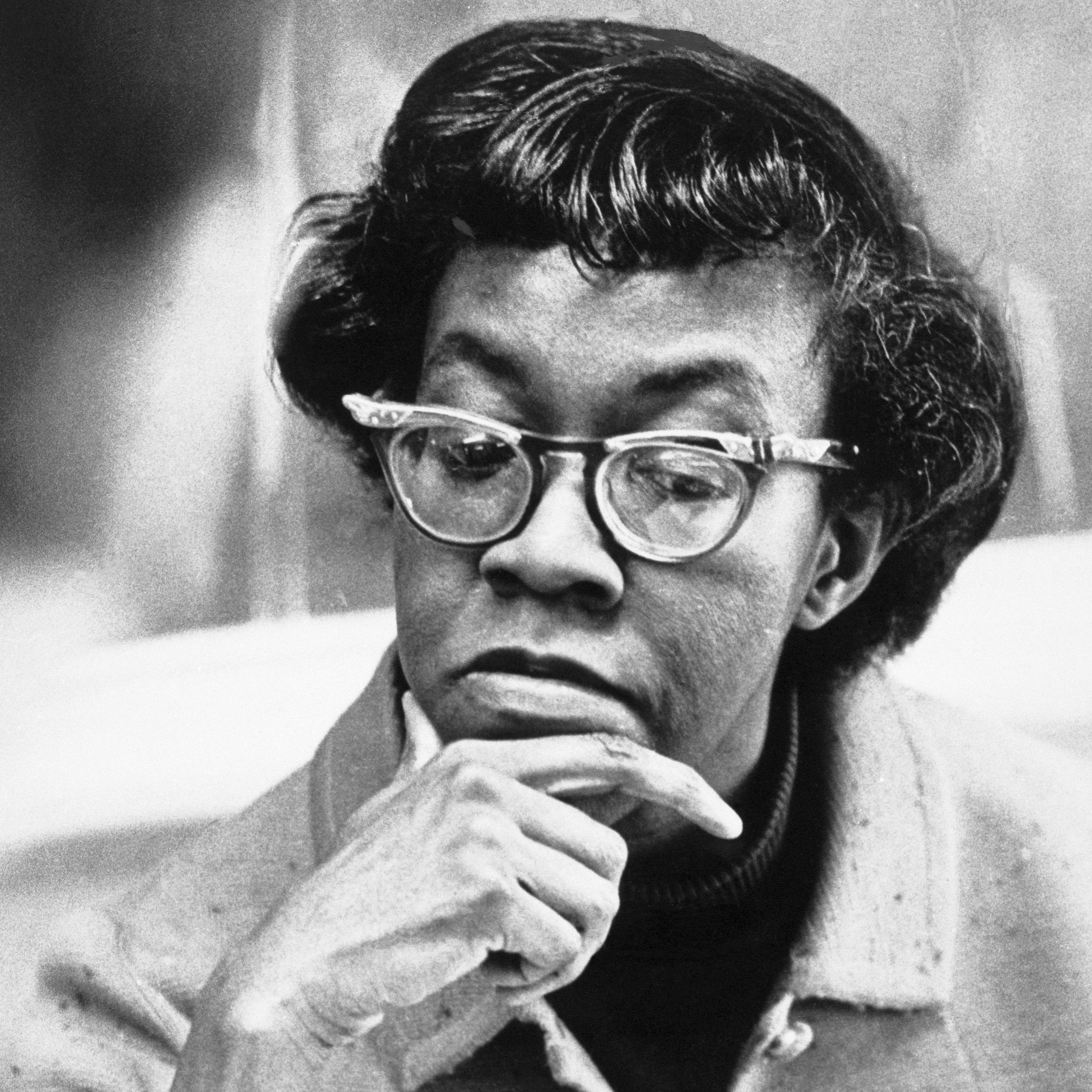Say to them,
say to the down-keepers,
the sun-slappers,
the self-soilers,
the harmony-hushers,
"Even if you are not ready for day
it cannot always be night."
You will be right.
For that is the hard home-run.
Live not for battles won.
Live not for the-end-of-the-song.
Live in the along.
Published:
1991
Length:
Shorty
Literary Movements:
Black Arts Movement
Chicago Black Renaissance
Anthology Years:
2021
2022
2024
Themes:
Faith & Hope
Joy & Praise
Strength & Resilience
Literary Devices:
Alliteration
the repetition of the same letter or sound at the beginning of words appearing in succession
Anaphora
a figure of speech in which words repeat at the beginning of successive clauses, phrases, or sentences
Asyndeton
the absence of a conjunction (for, and, nor, but, or, yet, so…) between phrases and within a sentence
Dialogue
conversation between two or more people as a feature of a book, play, or movie
End Rhyme
when a poem has lines ending with words that sound the same
Hyperbaton
An inversion of typical syntax (word order).
Kenning
a compound expression in Old English and Old Norse poetry with metaphorical meaning

